Blog 3/26/20
When I started thinking about serodiscordant relationships, an intimate relationship between a person living with HIV and someone who isn’t, I thought of the 90’s TV show, Melrose Place … obviously! There was a gay character on the show, Matt Fielding. In the early 1990’s, this was a big deal. In one storyline, Matt dates a closeted naval officer. They’re in the kitchen making dinner together. The naval officer cuts his finger and is bleeding. Matt tries to help and the guy freaks out! He’s all, “No! Don’t touch me!” And this is how he discloses his HIV-positive status to his boyfriend.
That was serodiscordant relationships in 1993. What do they look like now in 2020? To answer this question, I spoke to Matty Ellwood, Prevention Education Manager at Equitas Health. Matty and his husband, Chip, have been in a serodiscordant relationship for almost seven years.

Blog 3/29/24
Equitas Health is pleased to announce that a collective bargaining agreement has been reached with Equitas Health Workers United Local #6609. Members of the bargaining unit voted this week, and the result was resounding support for ratification of the agreement.
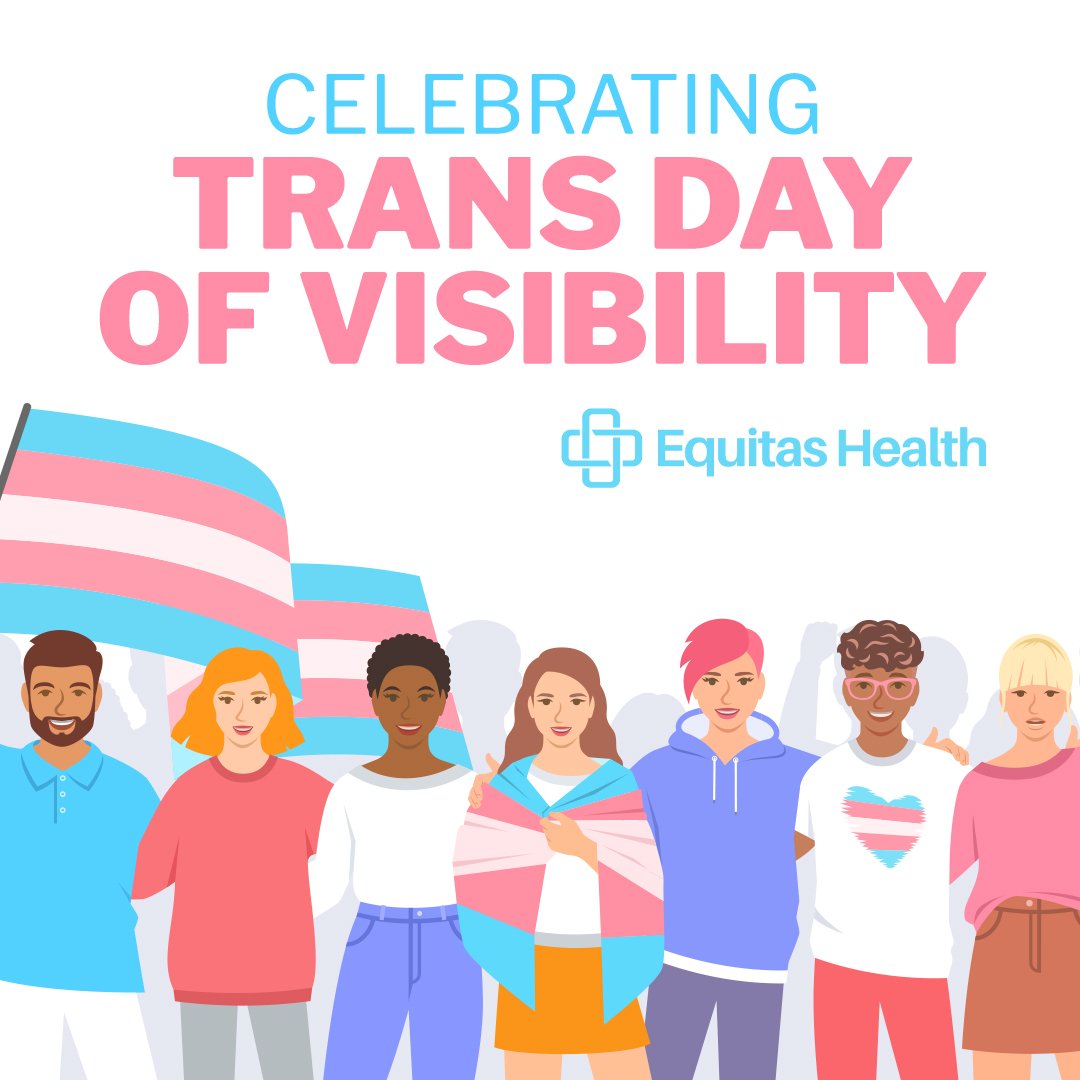
Blog 3/25/24
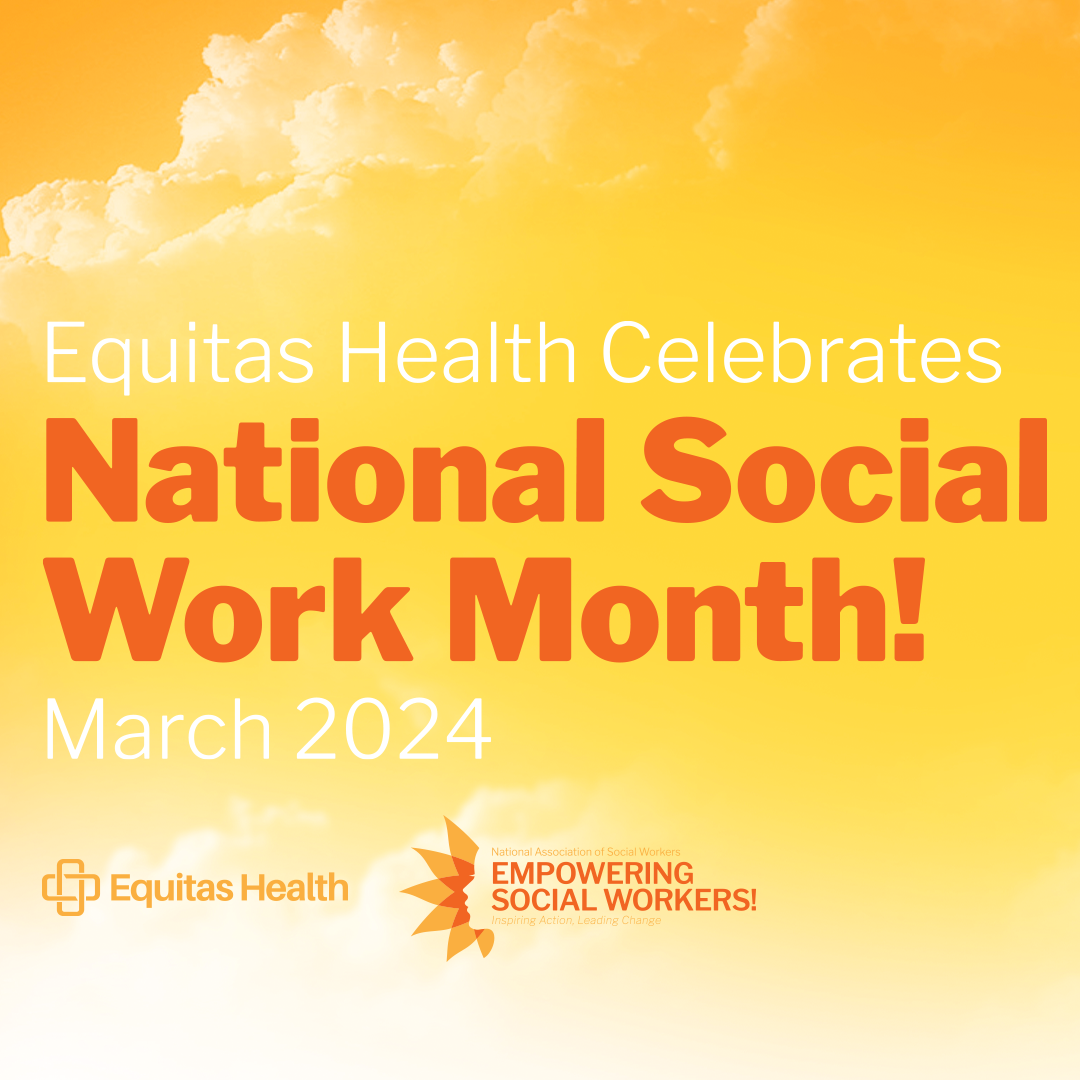
Blog 3/1/24
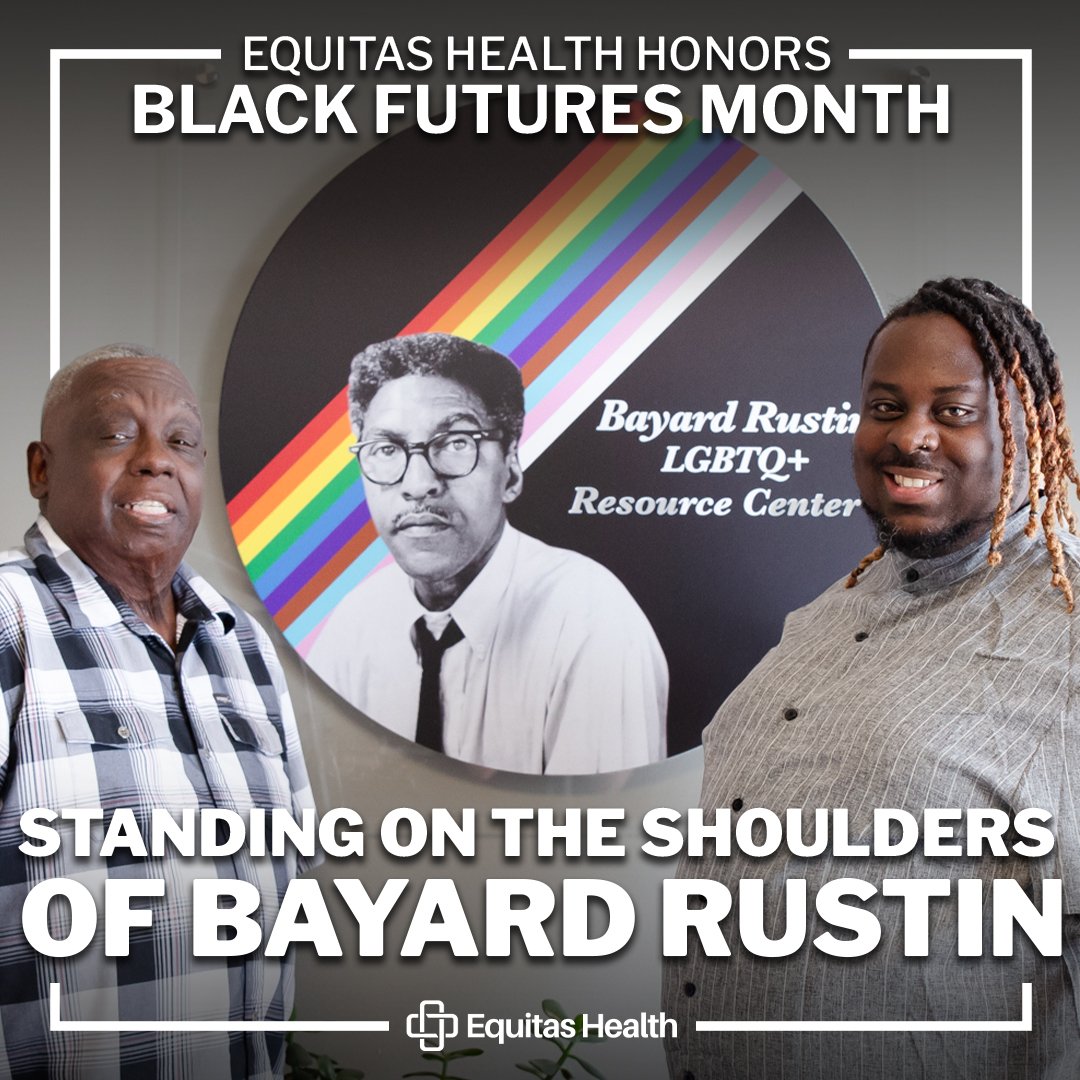
Blog 2/27/24
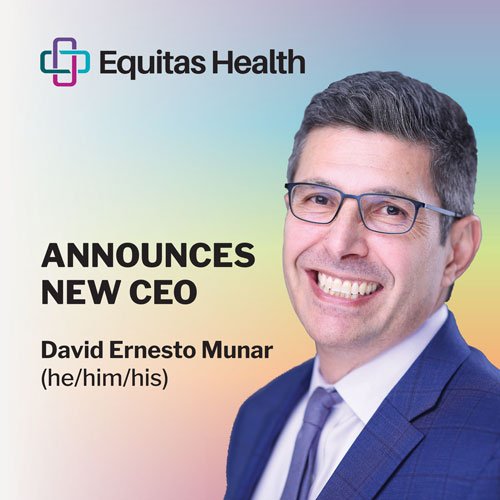
Blog 2/26/24
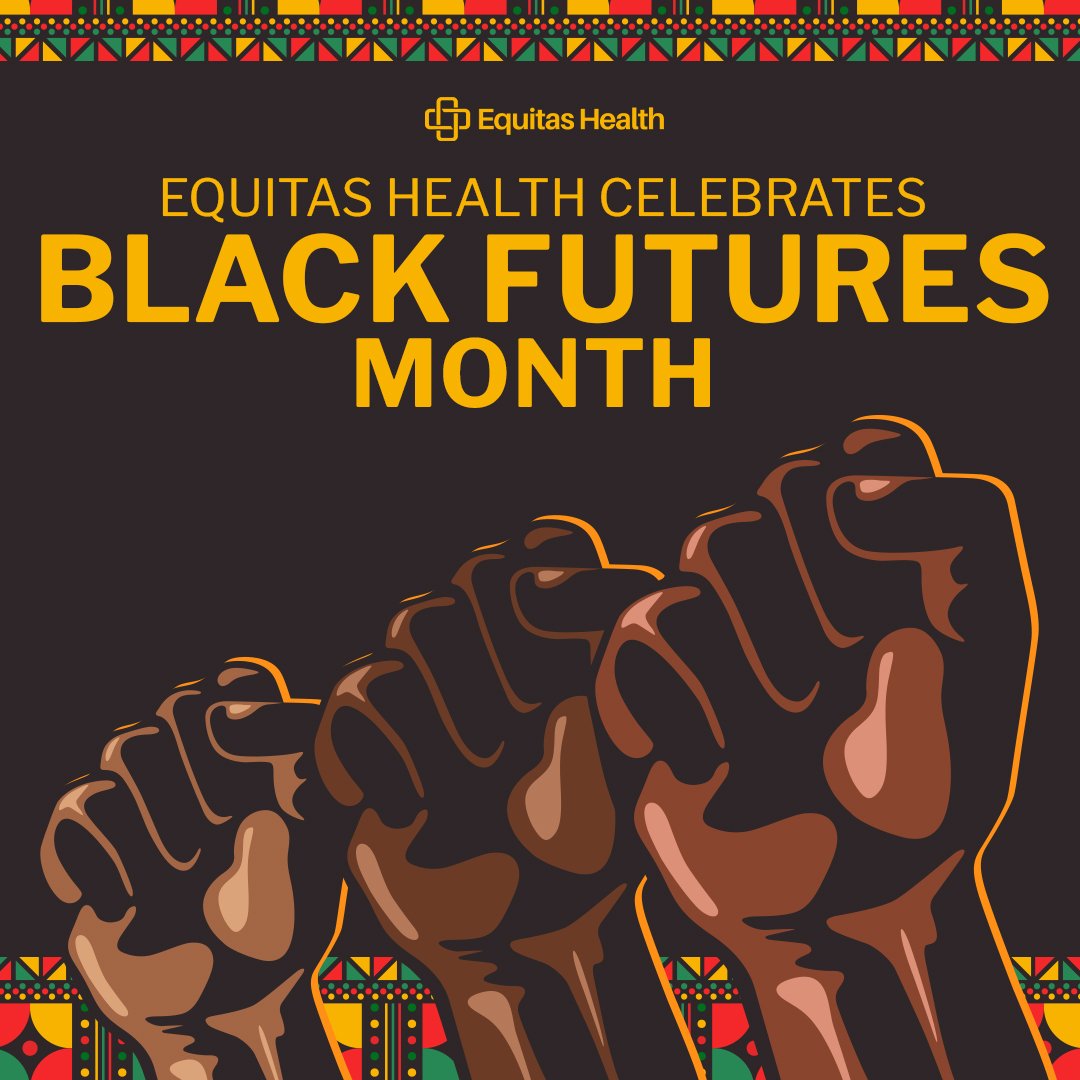
Blog 1/30/24
Matty Ellwood
Sean Moseley: How old were you when you received your HIV diagnosis?
Matty Ellwood: I received my diagnosis when I was 21. I’ll be 29 in June.
SM: Were you single at the time?
ME: I was single and engaging in a lot of risky sex, risky behaviors. I didn’t know what HIV was until I was diagnosed. We didn’t really talk about it in high school. I come from a very small town of 500 people in Central Illinois. Then I moved to Chicago. I went crazy and did all the things that young gay boys do. Then I went to the hospital and found out I was living with HIV in August of 2012.
SM: Were you hospitalized for something else or was it HIV-related?
I was hospitalized for almost four weeks with horrible body pains, aches. It was like the most extreme case of the flu you could ever imagine. They did a bunch of tests, and everything came back negative. So, they did an HIV test and it came back positive. I was sero-converting.
SM: When you received your diagnosis, how did you think your serostatus would affect your ability to date?
ME: On the outside, I definitely put up a big front, I didn’t feel like it was going to have a big impact. Looking back, I was having a lot of issues processing it internally. Around that time, I started using meth and found myself in some very dangerous situations. Now, I can tie that to my diagnosis and feeling isolated. Like I was not going to meet anyone. I’m not going to die because of the medication, but I’m not going to have a full life. I have that perspective now. At the time, I was like, “Life is good. Everything’s okay. I’m just going to continue as is.” I started engaging in bareback sex and meeting people who used drugs and partied. It went downhill from there.
SM: Were you dating? Or was it primarily hook-ups?
ME: That was all it was. And then a year and a half after my diagnosis, I met Chip on Grindr. I was partying that night. I kind of blew him off, because he wasn’t using. He has never used. We reconnected two weeks later and started seeing each other. So when I met him, I was doing all of these risky behaviors. I didn’t care about my body, myself or being in a relationship. Then I met him and it all fell into place. But that time between being diagnosed and when I met him, it was strictly ChemSex and hookups.
SM: Did you disclose to your partners at that point?
ME: I did. Most of it was disclosure through hook-up apps: Grindr, Jack’d, Scruff.
SM: Since they were short-term connections, was it primarily mentioned in that initial conversation?
ME: Yes. I always mentioned it prior to sharing pics or even engaging in much conversation. I had been turned down so many times. I’m just going to get it out of the way. I wouldn’t put it in my profile, but I would be comfortable telling anyone in conversation on the app. It’s odd to me now, but then it was a lot harder to share it with someone after they knew who I was or had seen my picture. It was easier to get someone’s reaction before they really knew who I was.
SM: If it’s just a faceless profile, then you’re not really rejecting a person.
ME: Exactly. You’re not rejecting me if you can’t see me.
SM: So in the midst of all this you meet this guy who is sober and HIV-negative. What happens next?
ME: I didn’t disclose my drug use right away. It was something I did, but didn’t talk about. When I started talking to him, I realized I needed to discontinue my drug use. At the same time, I was getting ready for an internship at Walt Disney World. They did random, surprise drug-testing all the time. If I wanted that experience, then I just couldn’t use. We started dating two months before my internship. I used that time to get sober. And then I was in Florida for five months. That gave me seven months to get sober and come to terms with the fact that I was in a serodiscordant relationship. Before that, it was hook-ups. People who didn’t care and weren’t looking for a relationship.
SM: Did you disclose your HIV status to him before you disclosed your history with drugs?
ME: Yes. I don’t even know if it was a month later, or just a couple of days, but I disclosed my drug use after I disclosed my HIV status.
SM: What was his reaction?
ME: To my HIV status?
SM: Yes.
ME: Totally fine. He did not have any real concerns. He had already been in a relationship with someone, or he at least knew people living with HIV. He knew they could be healthy. My doctor in Chicago had many patients that were in long-term sero-discordant relationships. He was advocating U=U years before it became official. I shared that information with Chip, which put him even more at ease.
SM: This was before PrEP was widely available.
ME: Yeah, PrEP became available in 2012-2103, but no one really knew about it. People who did know about it were in sero-discordant relationships and their doctor knew about it. In Columbus, PrEP started becoming a thing in 2015-2016.
SM: Once you were living in Columbus, did you and your husband discuss PrEP?
ME: Yes, he currently takes PrEP. Our relationship is open, and we don’t want to chance him contracting HIV from someone else.
SM: How open are you today about your HIV status?
ME: Very open. The Columbus Dispatch wrote an article about me last year for AIDS Walk, and the first line was, “Matthew Ellwood is HIV positive. So, it’s out there!
SM: How has that changed since you received your diagnosis?
ME: When I moved to Columbus, I wanted to help people living with HIV and educate people about HIV. When I was diagnosed, I had no idea what HIV was or that I needed to worry about it. I didn’t want anyone else to have that experience. When I started working at Equitas Health three years ago, I would not have thought that I would be as open as I am now.
SM: So your work at Equitas Health really affects how you live with HIV?
ME: Absolutely, seeing people on a daily basis that are living with HIV and have extremely fulfilling lives and careers helped me realize I can be more open. It is important to be more open. If I’m not open, then it adds to the stigma.
SM: Does being an out gay male make it easier to be open living with HIV?
ME: Yes, if I was a straight male, a lot of people would make assumptions, “Oh, he must be on the down low, or he must be having sex with other men, because it’s a gay thing.” I’m sure the stigma is even crazier on that side of the fence!
SM: How does sero-diversity impact your relationship now?
ME: I don’t think it does. We’ve come to a really solid place. At first, our families were concerned. My advocacy and activism, and their increased awareness of treatment as prevention, U=U, and viral suppression, have helped alleviate those concerns. My work puts HIV in the forefront of my life. My relationship doesn’t. I come home at night and I don’t even think about being HIV positive. The only thing that reminds me now is the pill I take once a day.
ME: Which leads me to my final question. And bear with me, this is my “I’ve listened to too many Oprah Super Soul Conversations” question. What would you tell your 21-year old self now if you could speak to him the day after receiving his HIV diagnosis?
ME: I would tell him it’s okay to be afraid. It’s okay to have concerns. You are thinking about what this change in your life means. Even if you’re thinking is completely off the wall, you’re being cautious and concerned. The moment you stop thinking is when you’re going to make choices that you’ll have to work through: like addiction and engaging in riskier behaviors. The more you think and the more open you are, the less risks you will take with your health. You will have a much more successful and fulfilling life.
SM: That’s pretty good advice. And now you get to share it with other 21-year olds.
ME: And I do, which is nice.
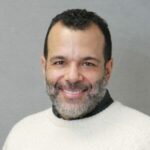
Sean Moseley is a copywriter at Equitas Health.